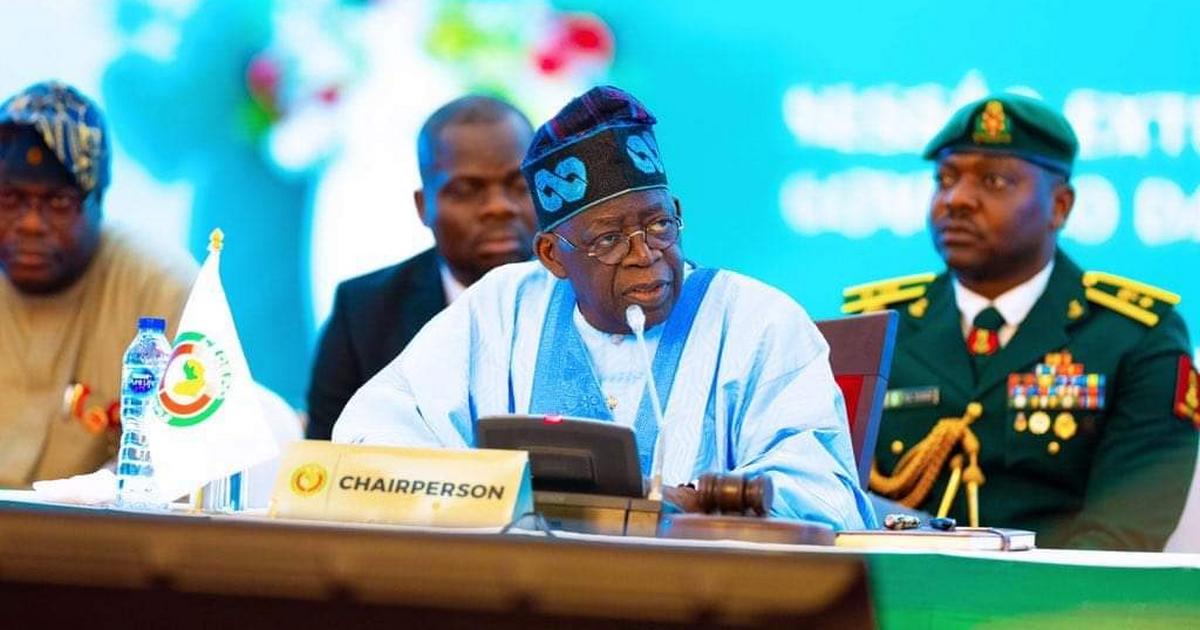Speaking at a virtual press conference for the Global Diversity Export Initiative Trade Mission to South Africa, Ghana, and Nigeria, Greene predicted that the U.S. would soon increase its investments in Nigeria as a result of the structural reforms that the country’s current administration has implemented.
He claims that both American companies and investors as well as other foreign investors have rekindled their interest in Nigeria. Greene stated that the U.S.-Nigeria bilateral partnership on the economic front is becoming more forceful on the basis of the new policies, including the removal of the fuel subsidy and the floating of the naira.
To ease the pain of many Nigerians who have been experiencing the effects of the subsidy reduction, President Tinubu is reportedly contemplating reintroducing a “temporary fuel subsidy.”
“This is a very exciting time in the US–Nigeria bilateral relationship, especially on the economic front, with the Tinubu administration undertaking some of the structural changes that we think will create the foundation for a new influx of U.S. capital investment and increase trade with Nigeria. We’re already seeing a renewed interest from US businesses and investors, as well as other international investors,” David Greene noted.
“Nigeria is home to Africa’s largest democracy, population, and economy and we really believe that Nigeria’s economic growth will bring stability and prosperity not only for the Nigerian people but also across West Africa. Nigeria is such an economic heavyweight through cross-border expansion and economic integration, including under the African continental free trade area. So, the United States remains committed to an enduring partnership with Nigeria: One centered on our aspirations for shared prosperity and mutual economic growth,” he added.
The U.S. Trade Mission in Africa is concentrating on Nigeria, South Africa, and Ghana because of the vast economic prospects in those nations, according to Marisa Lago, the U.S. Under Secretary of Commerce for International Trade, who spoke earlier.
Lago said that a few of the top chamber business organizations that represent the black community, the Native American Indian community, and the women-led business also had an impact on the Trade Mission in Africa. She said that the United States is already anticipating the next trade trips and that it would keep trying to travel to other African nations.
“Our mission is to support the competitiveness of U.S. businesses and their workers. And this includes micro small and medium-sized enterprises and also tapping into the very strong African diaspora, which we have in the United States and which is a source of our strength and also a point of pride,” she said.




